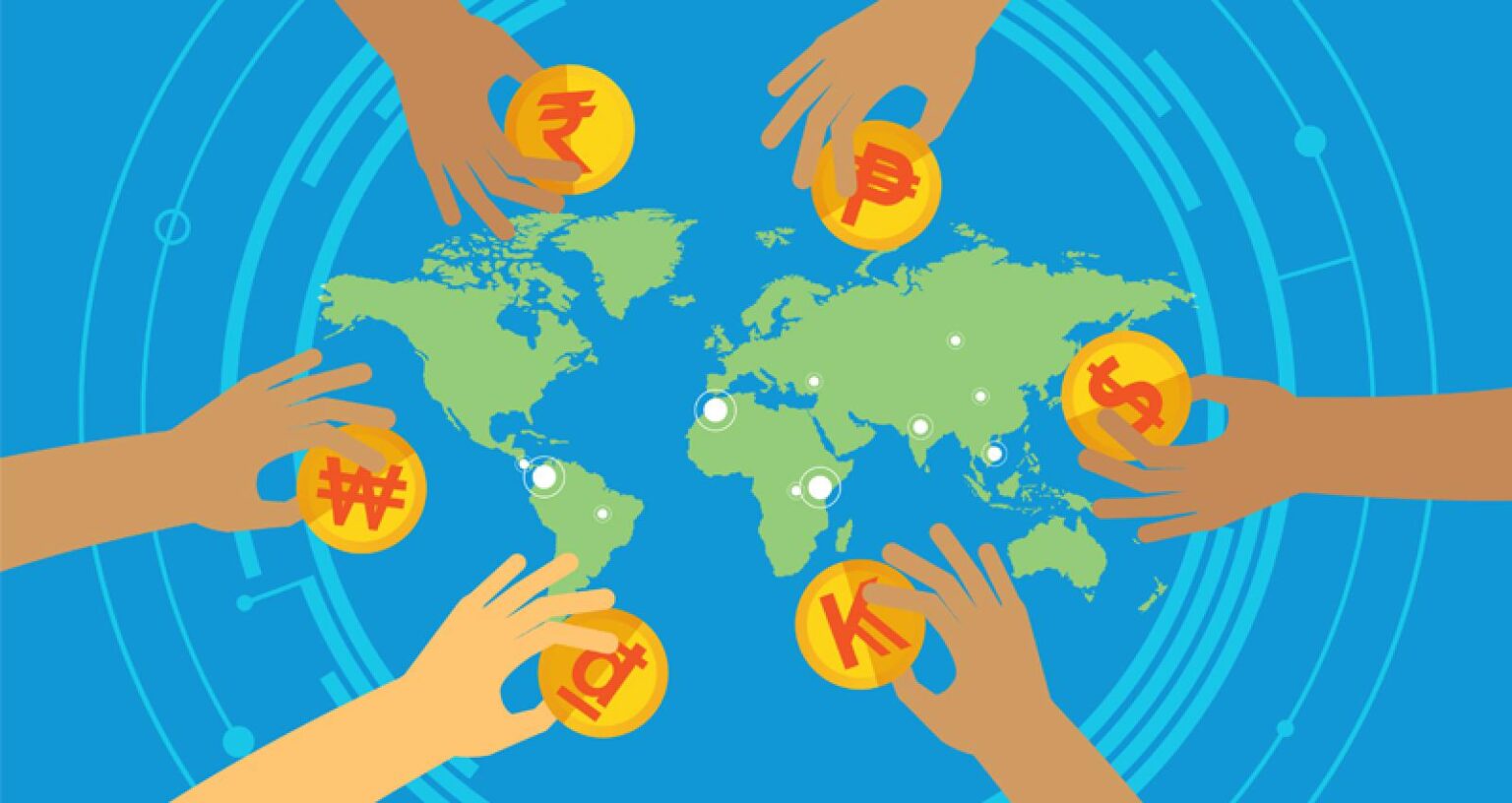Global Courant 2023-04-18 18:02:01
Amid significant global economic turbulence, all eyes were on the full-year results last week Spring Meetings of the World Bank and the International Monetary Fund (IMF) held in Washington, DC between April 10 and 16.
High on the agenda were the worsening debt and climate finance crises facing developing countries. New research of ActionAid published alongside the meetings highlights that 93% of the most climate-sensitive countries in the Global South – including Somalia, Malawi and Mozambique – “drowning in debt.” Alarming, almost two-thirds of these countries are slashing government spending to repay loans, hampering progress in financing vital climate resilience and sustainable development efforts.
A silent threat greatly exacerbates this budgetary disaster: the illicit trade, which robs governments of massive amounts of tax revenue each year while undermining medical, environmental and economic health. Strong measures to tackle Africa’s thriving counterfeit markets – namely traceability and authentication systems combined with regional regulatory cooperation – thus play a vital role in alleviating budgetary pressures and unlocking the continent’s potential.
This situation has created fertile ground for the much cheaper counterfeit drug market, which has reached an estimated annual size of $200 billion according to the SICPA report. The World Health Organization (WHO) has reported that between 2013 and 2017, 42% of identified fraudulent medical products – which Involving counterfeit or mislabeled antimalarial drugs, antibiotics and vaccines – came from Africa, where they kill nearly half a million people in sub-Saharan Africa every year, including nearly 200,000 children.
With national health systems still reeling from the COVID-19 pandemic and SICPA to mark a peak of about 63% in zoonotic epidemics in Africa over the past decade, the health and budgetary implications of tackling the illicit market are all too clear.
Illegal food market casts a wide shadow






